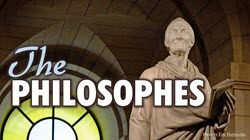

"What is the Enlightenment?"- published 1784, defined: "man's emergence from his self-incurred immaturity". Taught critical questioning, improvements (agriculture, transport, invention, technology), supported trade expansion, human liberty. Provided intellectual ferment, major source of ideas, concepts used to undermine existing social practices and political structures based on aristocratic privilege.
#AP EUROPEAN HISTORY ENLIGHTENMENT QUIZ COURSENOTES PROFESSIONAL#
"Members of a wider intellectual movement, dedicated to understanding and publicizing the cause of human betterment on this earth." Drew most readers from commercial and professional urban classes, aristocrats. Wandered around court, salons, drinking spots, nobles, monarchs (in London).

In Eastern Europe, they were often royal bureaucrats. Philosophes in Germany were primarily university professors, some were free agents. Famous and notable: Voltaire, Montesquieu, Diderot, d'Alembert, Rousseau, Hume, Gibbon, Smith, Lessing and Kant. Writers and critics who flourished in the expanding print culture and who championed reform and toleration, frequently literary figures, economists, historians, sought to apply the rules of reason, criticism, common sense to all major institution, economic practices and exclusivist religious policies.


 0 kommentar(er)
0 kommentar(er)
